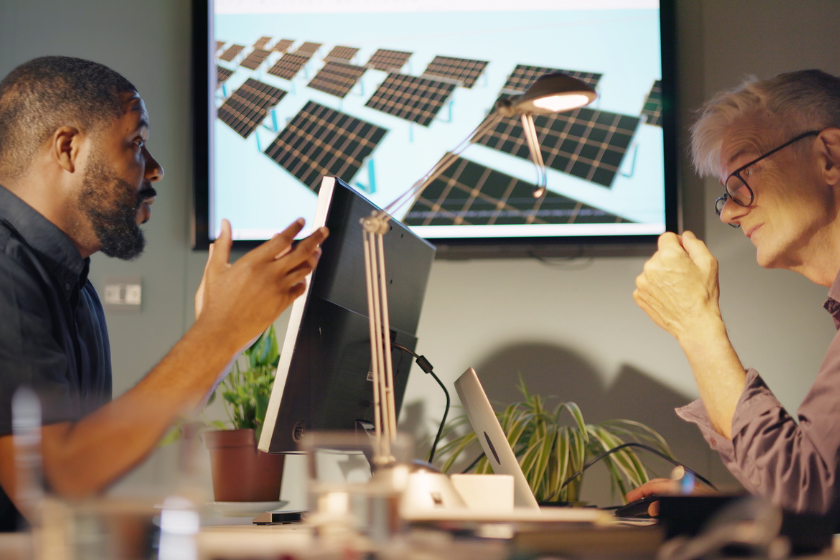How to protect clients amid increasing HMRC enquiry activity
With enquiry activity increasing as HMRC pursues a £42 billion tax gap, and the department’s enquiry tactics...
READ MORE
MSMEs account for 90% of the world's businesses, 50% of the global workforce and 50% of business emissions. So regardless of government action, businesses can still deliver change.
Three actions, at a glance:

Accountants don’t need legislation to make an impact in their own business, or to inspire and enable their clients, says Scott Johnson, founder of Kung Fu Accounting.
SME accountants are well placed to advise businesses on navigating the road to greater sustainability and net zero – and to articulate the business case for doing so – using their existing expertise in measurement, reporting and ethics.
Here’s three ways to take action now.
Seeing the potential impact ESG factors can have on business can lead to change, according to Dr Peter Ellington, Associate Professor in Accounting at the University of East Anglia, and CEO and founder of Triple Bottom Line Accounting.
If you are not an ESG expert, partner with sustainability consultants to expand the knowledge of you and your staff, and help provide ESG measurements and advice to clients.

Be aware, however, that making a business case for sustainability can be challenging because often the ‘greener’ choice is more expensive in the short-term, says Johnson. This can mean the business case needs to look beyond short-term cost and return.
“It can be helpful to talk about the ethical reasons for change, not just frame action as a financial decision,” he says. “That said, the end result for SMEs can be that they attract new, higher value clients as well as suppliers who care more about people and the planet.”
Accountants need to get their own houses in order, says Johnson, and these initiatives can also inspire clients.
Not working towards sustainability or upgrading eco credentials is increasingly likely to cost business, says Chris Thair, CEO and cofounder of Play it Green, which educates businesses on carbon reduction and helps rebalance carbon emissions.
"Millennials and gen Zers, who place a high value on the environment and sustainability, represent the biggest employee and consumer demographic now and for the foreseeable future,” he says.
“So if you are not engaged on these issues they may call you out on social media, choose not to work for you, or simply not do any business with you.”